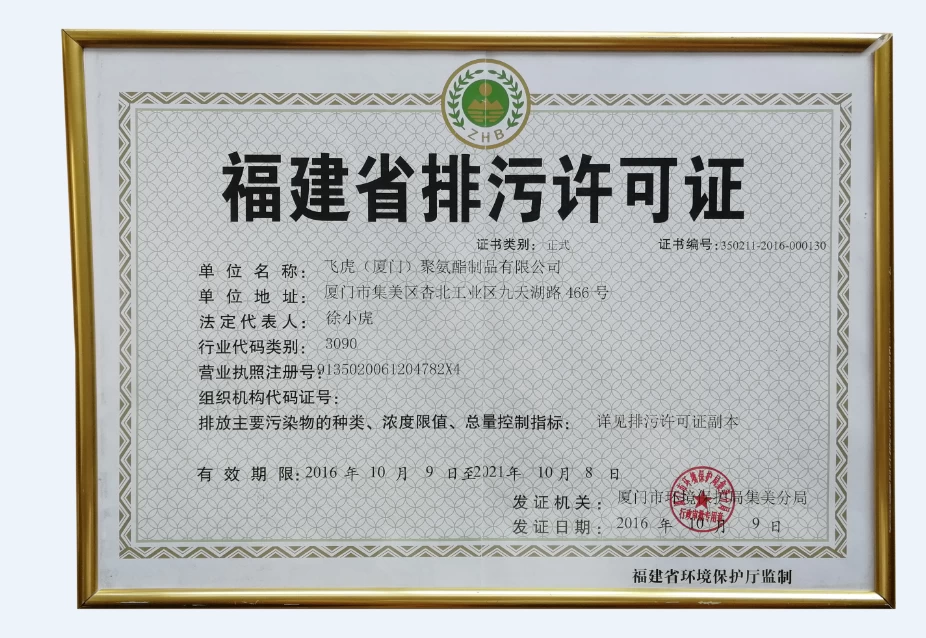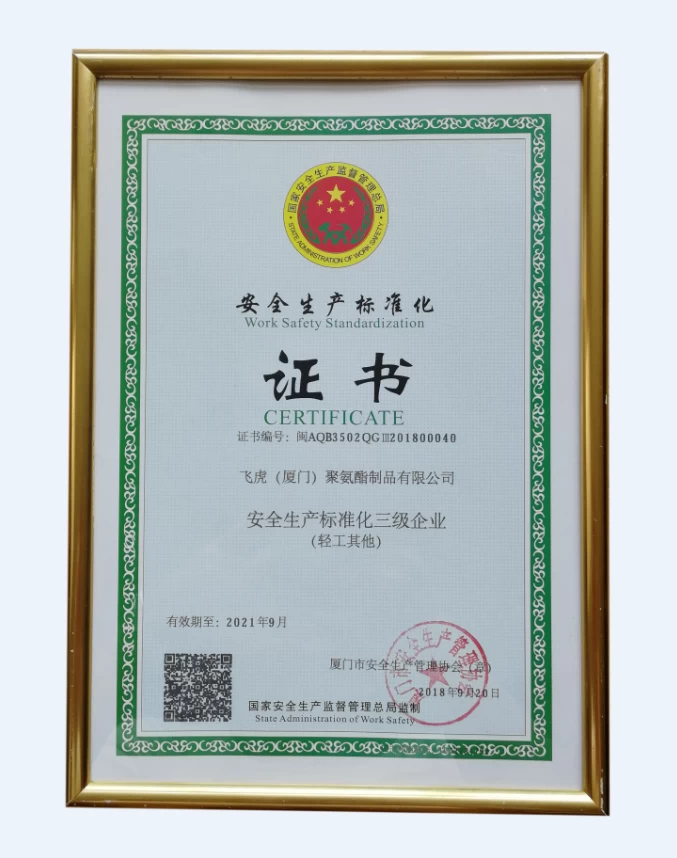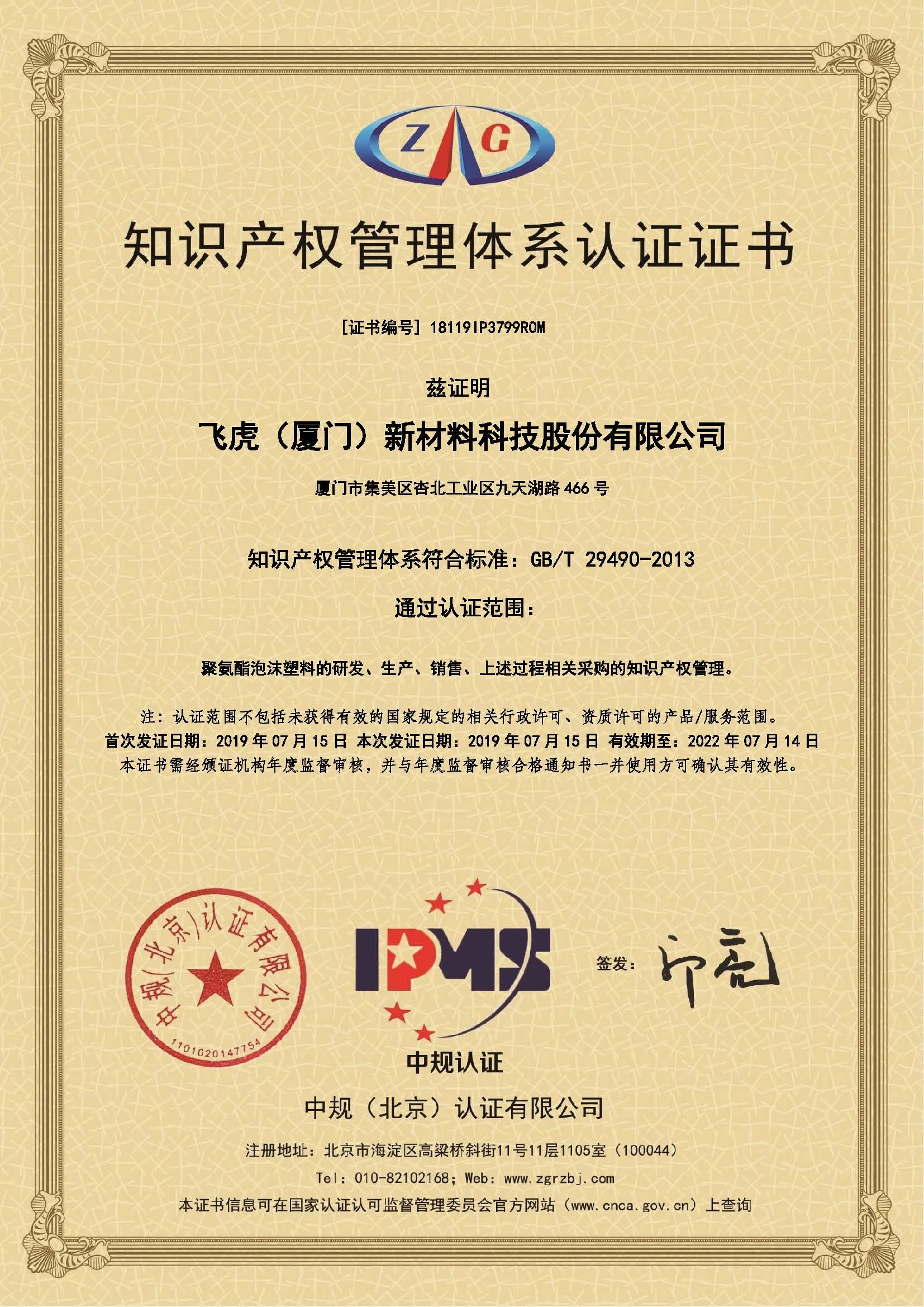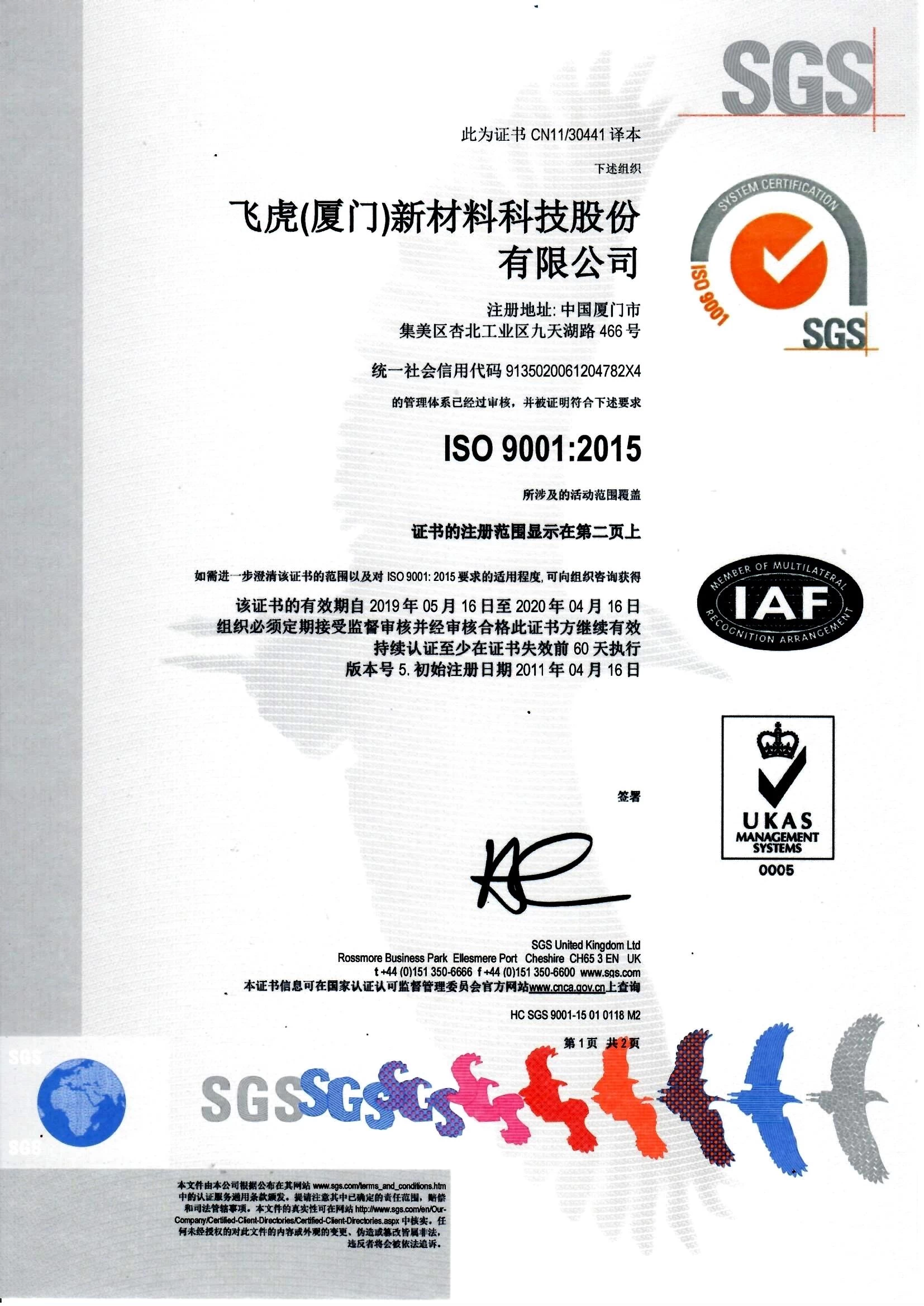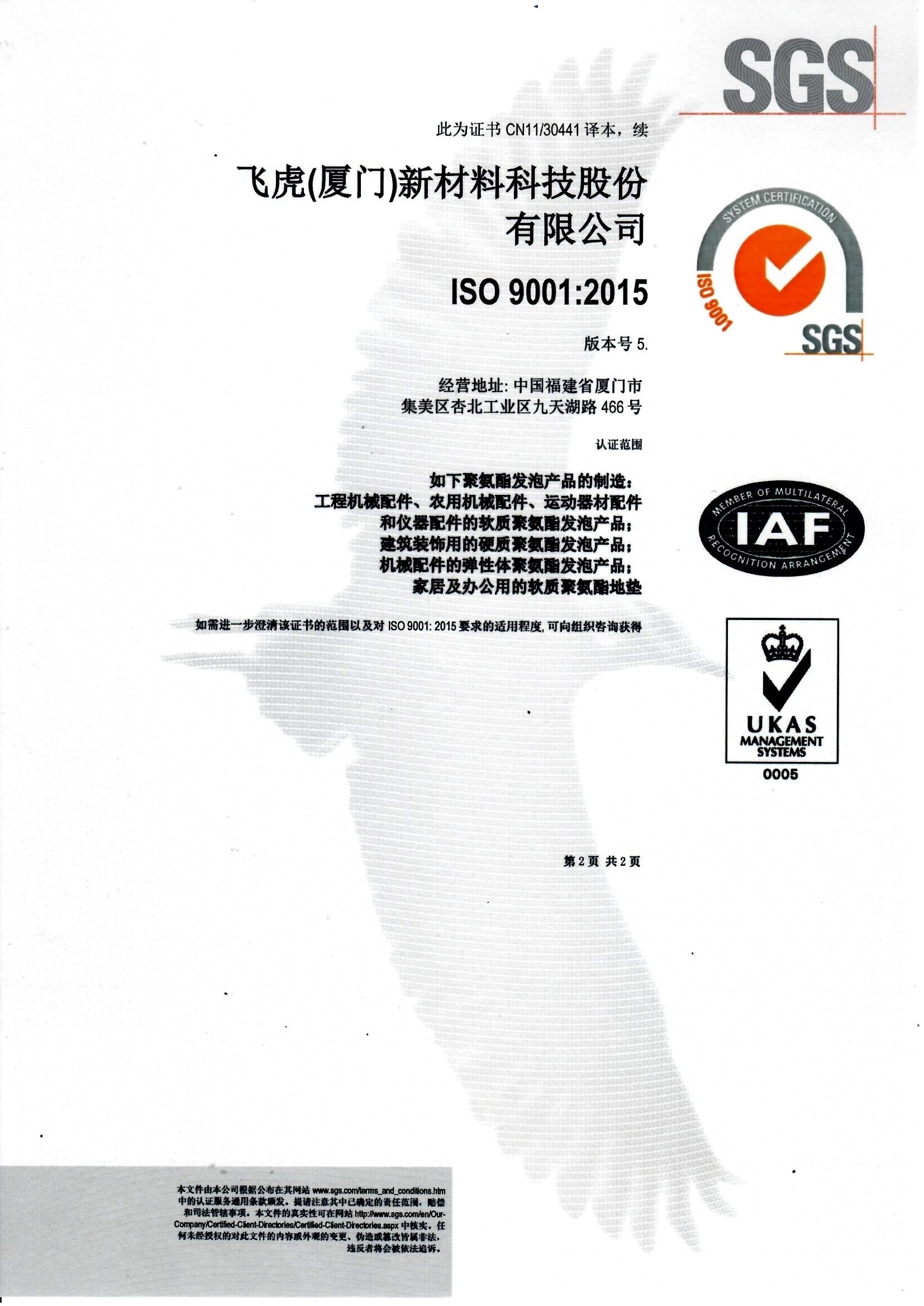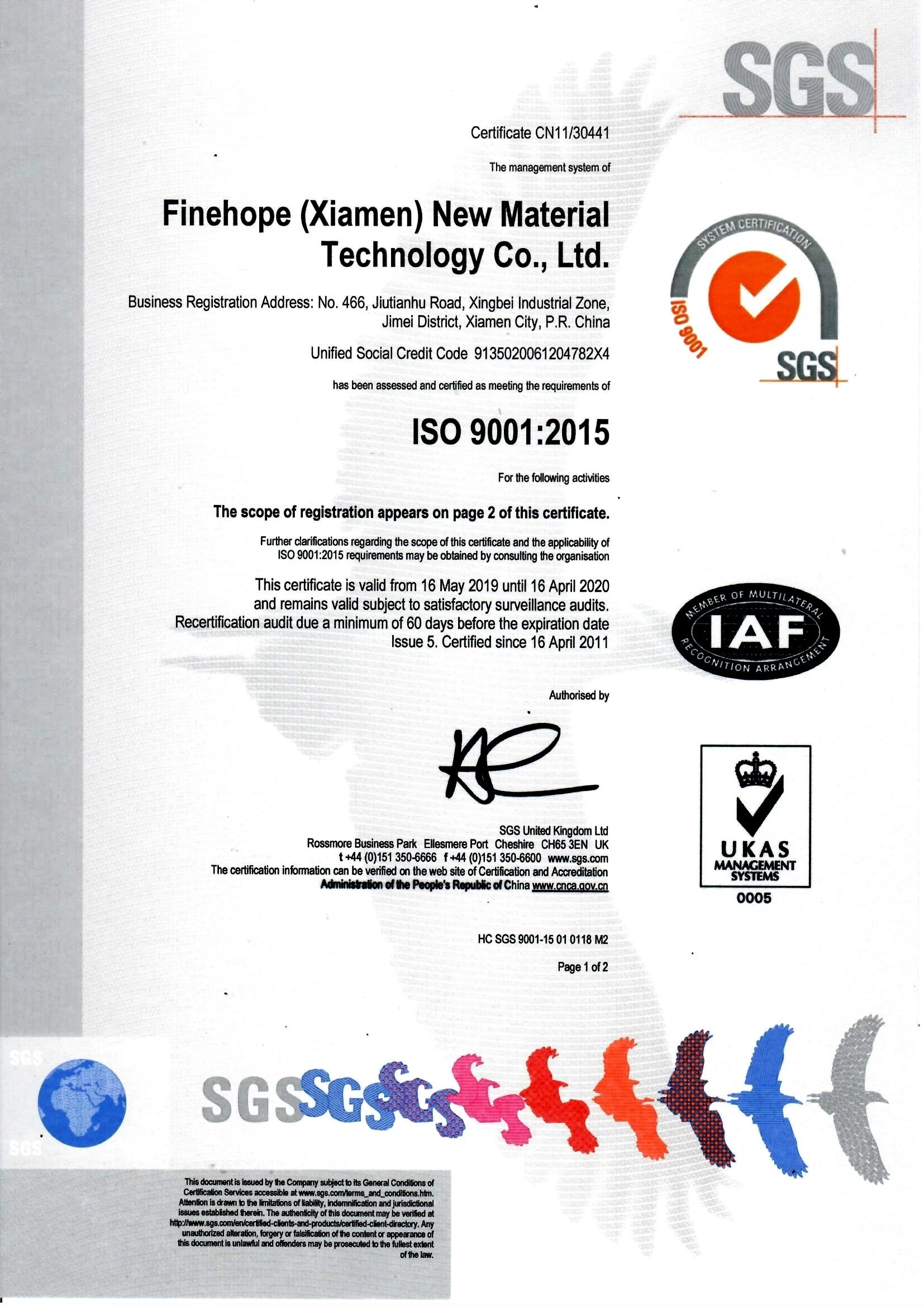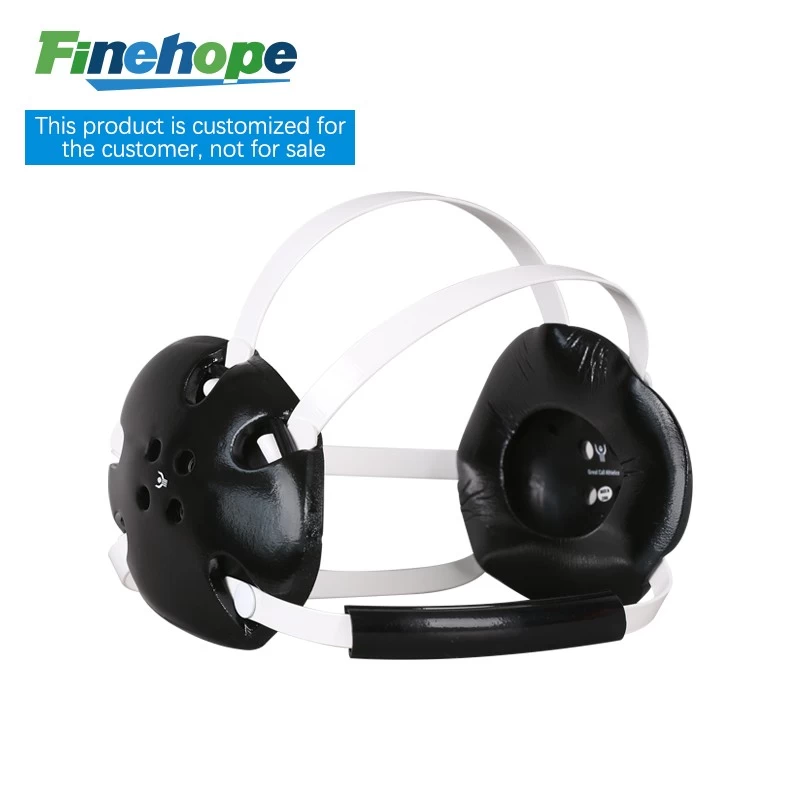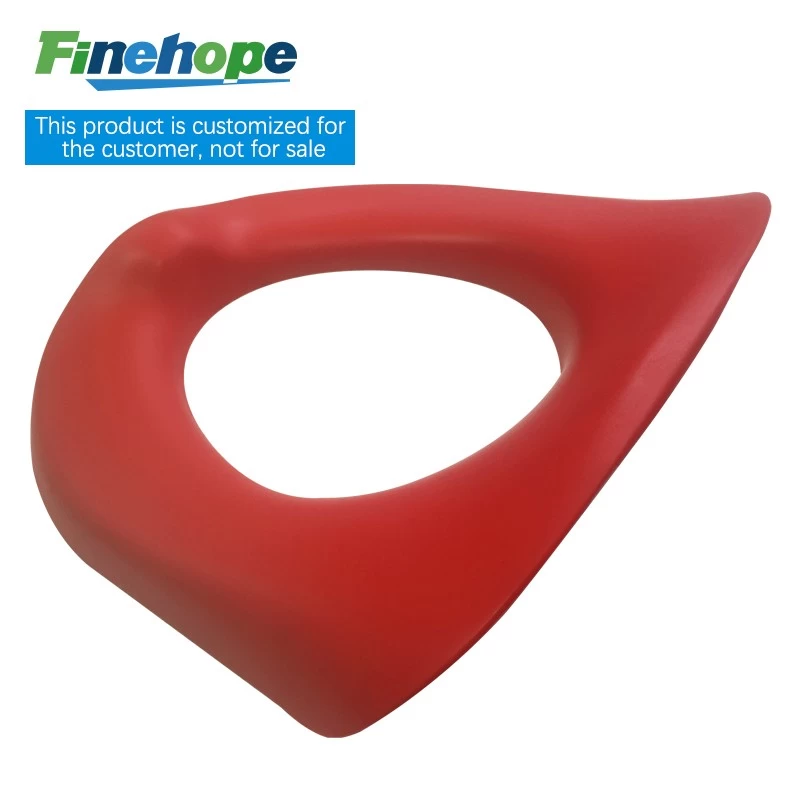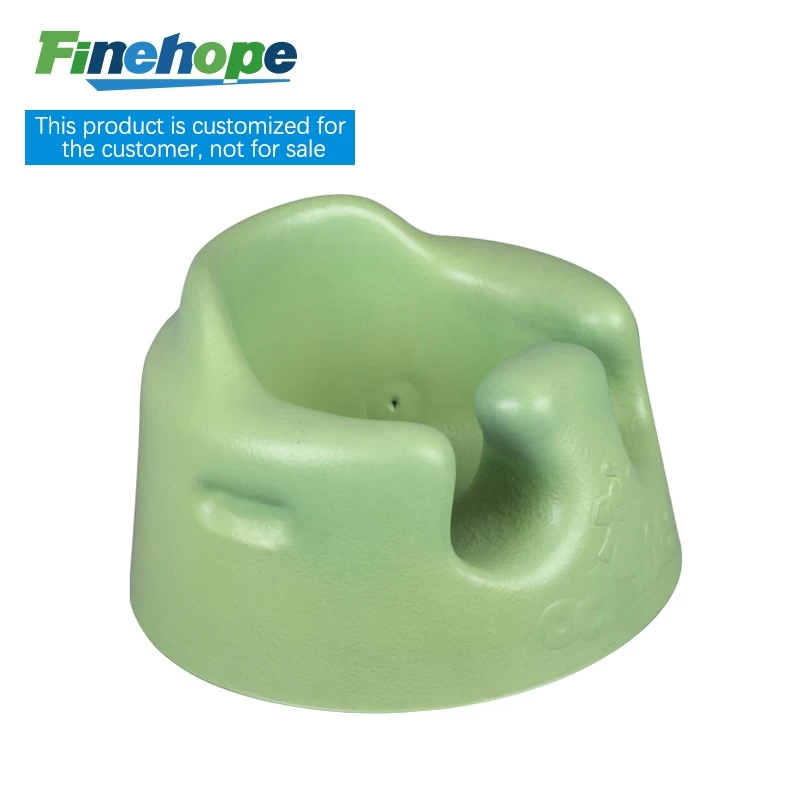The winter is here, the epidemic intensifies the European chemical supply crisis
The epidemic situation is not optimistic
After entering the winter, the number of confirmed cases of new coronary pneumonia in Europe has surged. At present, the infection rate in most parts of Europe has risen sharply. Hungary, Austria, Belgium and the Netherlands have more than 10,000 infections per million people per day. Some countries have to restart blockade measures. Since Slovakia and Austria began the national blockade at the end of November, almost all European countries have re-implemented national blockades to control the spread of the epidemic. ICIS analysts said that although the vaccination rate is much higher than in 2020, the huge number of new cases has already overwhelmed the European medical system. If the situation is not improved, Europe will inevitably implement a broader and stricter blockade. In addition, the spread of the "Omi Keron" strain in Europe is not optimistic.
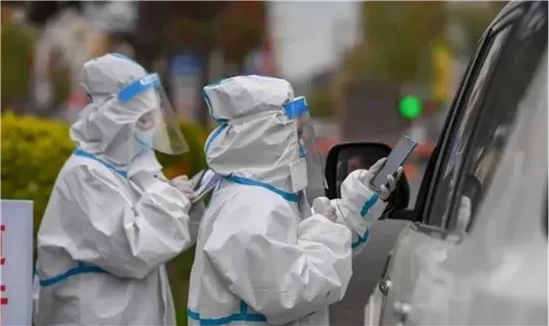
The blockade is bound to have an adverse effect on the European economy. To make matters worse, according to the analysis of ING International Group, the current European blockade policy is less effective than before. This means that the implementation of the blockade may take longer, and it will likely affect the GDP of European countries at the end of 2021 and next year. ING senior economist Bert Collien said: “The new round of COVID-19 and the surge in the number of infections have exacerbated the existing disadvantages, such as increased energy prices and supply chain crises. Many governments seem to underestimate the fourth round of the epidemic. The current insufficient vaccination rate may have a serious impact."
Procurement difficulties affect downstream
In Europe, the supply chain problems of the petrochemical industry have affected the recovery process of the manufacturing industry. In the context of difficulties in purchasing chemical materials, soaring input costs and prolonged delivery cycles, the growth of the European manufacturing boom index has gradually slowed down.
ICIS said that at present, the automotive industry, which accounts for about one-fifth of chemical demand, is still struggling with a shortage of intermediates and a long-term shortage of computer chips. British trade data show that October car production fell to its lowest level since the 1950s. In the monthly survey of the IFO Economic Research Institute in Munich, Germany, 90% of auto industry respondents pointed out that there are delays and difficulties in obtaining parts.
During the epidemic, European petrochemical distributors reported that due to expected shortages or logistics bottlenecks that will affect some orders, many downstream industry practitioners placed multiple orders for the same batch of materials. Traffic jams, high prices, and a large number of planned and unplanned shutdowns have pushed inflation to levels not seen in years. Germany’s inflation level announced in November was 5.2%, and it is forecasted to reach a new high in December. Despite high input costs, demand remains strong, and the entire European manufacturing industry is further increasing prices. Klaus Wolabe, the head of the IFO investigation, said: "Never before have so many companies announced price increases."
Tight logistics and high freight rates
As countries began to adopt new blockade measures, the chaos in the transportation industry further intensified. At present, the cost of road transportation, sea and air transportation in Europe is still high. Statistics from ICIS show that before the discovery of the "Omi Keron" strain, the new wave of epidemics in Europe has caused the cost of transportation to and from Europe to soar, which is even higher than the price during the outbreak, and has become more common than before 2020. The price is several times higher. From November 8th to November 22nd, the cost of transporting 40-foot containers from Asia to Europe increased by nearly US$8,000, from slightly more than US$15,000 to about US$23,000.
In terms of road transportation, the shortage of trucks and truck drivers has caused major problems in the United Kingdom, Germany and Poland. Adding to the Christmas holiday factor, many European petrochemical buyers have no hope that the goods will arrive within the year. Market participants predict that the shortage of trucks and drivers may prompt buyers to increase orders to ensure that materials can be delivered in time during the holidays. Therefore, the current stalemate may cause better-than-expected winter petrochemical demand.
In addition, the weather problem has further strained logistics. At the end of November, there was a storm in parts of northern Europe, and the abnormal drought caused the water level of the Rhine to drop, all of which adversely affected logistics. It is reported that due to insufficient rainfall on the key chemical transportation trunk line of the Rhine, the local area has reduced the recommended berthing capacity of ships to 40% to 60%. "For the whole of November, we had to reduce the carrying capacity." said a market participant engaged in river transportation.




